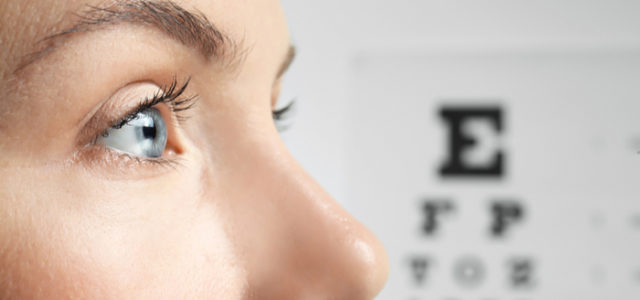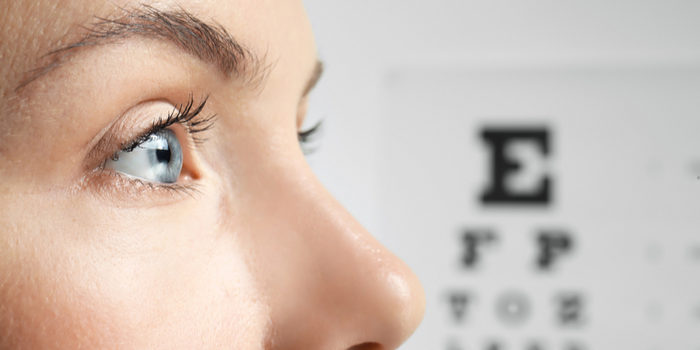


Few organs have more impact on your daily interaction with the world than your eyes. You use them to take in visual information, which is one of the primary ways you gather information about the world around you. If you want to keep your vision sharp as the years go on, you’ll need to take care of your eyes. One of the main ways to do this is to take in the right kind of vitamins for your eyes!
Vitamins for Good Eye Health
Vitamin C
Great for more than just fighting off scurvy, vitamin C plays an important role in your eye health. As an antioxidant, vitamin C helps to protect your cells, including the ones in your eye, from the harmful effects of free radicals. Free radicals, despite their silly-sounding name, are quite harmful to your cells, as they are unstable molecules that can cause cell degradation.
As such, antioxidants like vitamin C have a major role in to play in keeping your cells safe. As you get older your cells are exposed to more and more free radicals, and these can cause damage over time that can be long-lasting. That’s why having a diet high in citrus fruits, kale, broccoli, bell peppers and tropical fruits is important, as these are major sources of vitamin C.
Vitamin A
Vitamin A’s impact on your eyes is so great that you’ve likely already heard about this one just from common knowledge. This vitamin plays a vital role in helping your eyes maintain a clear cornea. Your cornea is the lining on the outside of your eye. As long as it remains clear and strong, your vision will also be clear and unclouded.
Vitamin A also plays a role in helping your body develop rhodopsin. Rhodopsin is a protein type that helps your eyes to make out details in lower light conditions. It’s difficult to develop vitamin A deficiency, but if you do, the first symptoms are night blindness. Eventually, vitamin A deficiency leads to blindness. To keep up a good vitamin A intake, eat lots of foods like sweet potatoes, bell peppers and pumpkins. Leafy greens are full of both vitamins A and E, making it a great dietary choice.
Vitamin E
Another major factor in eye health is the balance of free radicals and antioxidants in your body. Vitamin E helps to keep that regulation in check, allowing for your cells to be more protected against the harmful effects of free radicals, much like vitamin C. There is some evidence that holds that proper vitamin E intake is also vital in helping keep aging-related cataracts from developing.
If you’re looking to get the right amount of vitamin E in your diet, the best way to do that is by getting a good amount of it in your diet. Vitamin E-rich foods include nuts, avocado and salmon. As mentioned above, leafy greens are full of vitamin E, making them some of the best eye-health-encouraging foods, pound for pound.
B Vitamins
Several B vitamins also play a major role in your eye health. Namely, B6, B9 and B12 all have a hand in regulating your eye health. Specifically, the mix of all three of these types of B vitamins helps to regulate your body’s levels of homocysteine, which is a protein that can lead to inflammation. Additionally, a high percentage of homocysteine in the body can lead to increased risk for the development of AMD, or age-related macular degeneration.
However, it’s unclear whether intake of food items high in B vitamins has a notable impact on eye health. Studies so far have focused on the effects of vitamin supplements, which have proven impactful in clinical studies.










